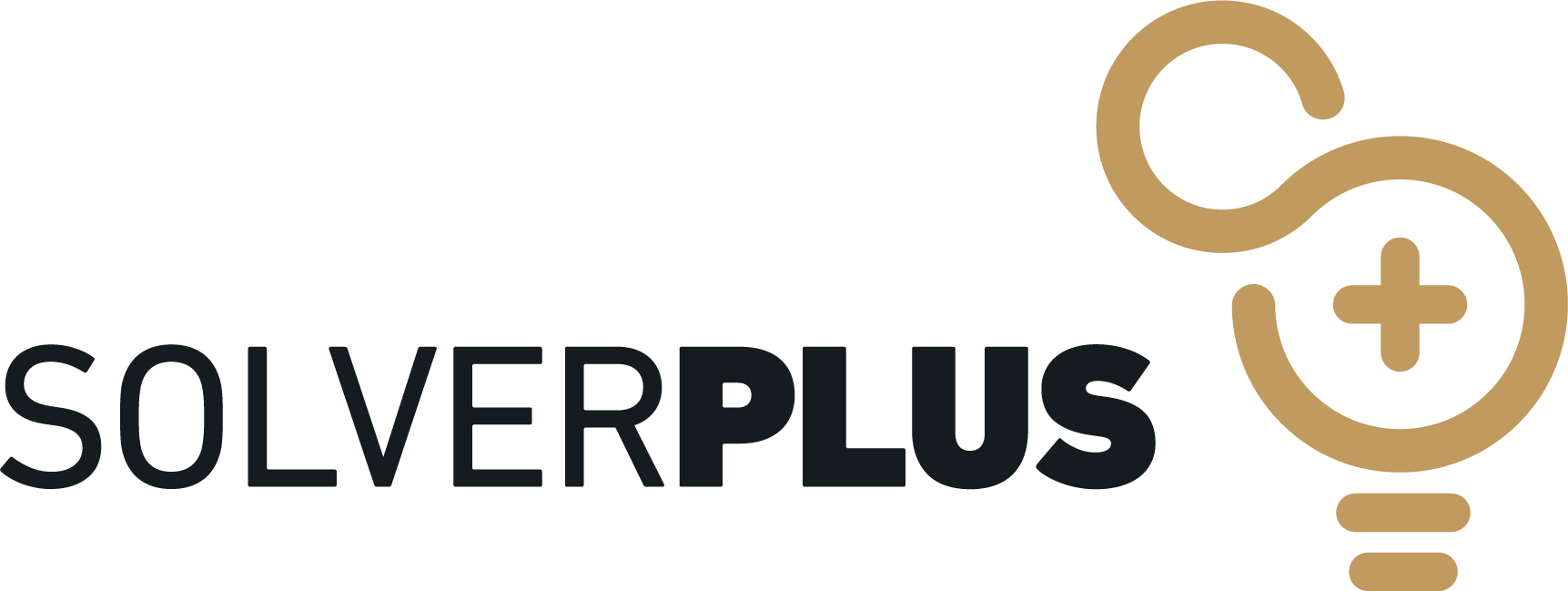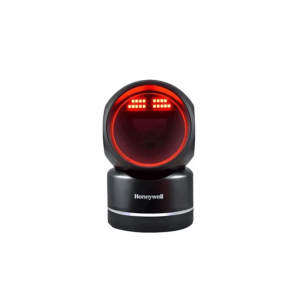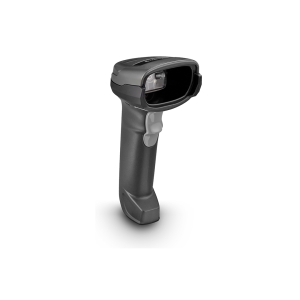How AI can improve the hotel guest experience
Hospitality Unleash the Power of AI with Bot Transform’s Innovative Solutions
Allow guests to communicate requests and engage any hotel department via their own mobile device. A chatbot can field and address just about any request, from answering questions about checkout to scheduling dinner reservations. Vendors with mobile apps offer messaging services, allowing guests to communicate with staff using their mobile device. Some vendors also provide request tracking, making it possible to record, follow up, and resolve guest requests for greater accountability. The more a customer uses the same hotel, the more their preferences from previous bookings can help make future reservations better.
In this cases, you need to have a human agent prepared to step in the conversation and the chatbot to human handoff needs to be a smooth transition to ensure the user knows he’s no longer talking with a chatbot. Custom Chatbots Can Be ExpensiveBuilding a hotel chatbot from the ground up can cost anywhere between £30,000 and £150,000. It’s a complex task to build a friendly, reliable and helpful bot that won’t give you headaches along the way, so be prepared to pay the premium. People assume chatbots are hard to manage and create extra work for the people monitoring them. At least 43% of US adults find it hard to understand consumer finance; 80% would benefit from professional advice. Chatbots automate this assistance helping people find and compare financial products and services.
Montcalm Luxury Hotels becomes first London group to launch AI chatbot
Artificial Intelligence allows them to understand and interpret written communication and then respond appropriately, resulting in highly realistic chat interactions, similar to a customer service representative. Chatbot technology has been created rapidly in recent years and is becoming increasingly popular in the hotel industry. However, several hotel owners are still unaware of what chatbots can offer and how customers benefit from their use.
IoT and Artificial Intelligence enabled connections of motion sensors, room control, and smart voice control are poised to change the way hotels function. Integration of IoT into intelligence-driven software for the hospitality industry will not only personalize hotel guest experience but also impact the business model of the hotel industry in the near future. When it comes to online chats and direct messaging, digital assistants with seamless integration with cloud-based hotel management software have proven to be quite persuasive.
Emerging Trends: Does Your Hotel Need a Chatbot?
Analysing images, videos viewed and even social media behaviour in addition to pages visited on their websites, could help travel companies leverage themselves against competitors by understanding their customers better. Korean Air is currently exploring technologies which could see chatbots adopt a more persuasive and integrated role in our lives when travelling in the future. This includes guest information, reservation details, and RevPAR values, to name a few categories. AI algorithms are able to automate many of these data collection and analysis processes so that hoteliers can gather all the business intelligence they need in a much more time-efficient manner. Repetitive guest inquiries increase, while direct booking requests decrease.
AI can be used in restaurants and bars to optimise menus, divert crowds from busy areas, manage bookings and streamline the analysis of guests’ data. The seamless experience that luxury resorts and hotels aspire to provide will become smoother, freeing more time and financial resources for enhancing experiences and pursuits of innovation many haven’t yet had the chance to explore. Luxury business owners might have the initial impression that automation would devalue customer experience, replacing the human touch with a cold, robotic service. In reality, AI redirects human labour to roles that can’t be automated, allowing businesses to focus more on those special touches which attract and retain customers. The chatbot reduces the time spent answering simple, repetitive inquiries, allowing more time to respond to pressing guest needs.
The Rise of Messaging: How Gen Z and Millennials Prefer to Communicate
Think of all the potential business you may have lost by not being able to quickly and promptly answer simple questions like “How much is your standard room for 7 nights? If your hotel welcomes guests from all over the world, language barriers can be challenging. They open the door for miscommunication and leave your international guests feeling awkward and frustrated. And when your team is free from the often time-consuming task of responding to hundreds of repetitive guest requests, they can focus on enhancing hotel functions that only humans can do. With AI’s ability to analyse vast amounts of data quickly and accurately, financial managers can identify trends, forecast demand, and optimise pricing strategies. Although a robot managing your entire social media presence, sales efforts and marketing seems…
Certainly, its administrative capabilities have the potential to free up time for staff to spend on welcoming visitors and improving the guest experience. Nonetheless, we should avoid falling into the trap of making changes just because we can. When we welcome guests to Burgh Island, we want to ensure our guests feel individually valued, that they feel looked after and at home during their time with us.
AI: what it means for the future of hospitality?
“We recently launched our own chatbot service, which provides our guests with 24-hour assistance over WhatsApp. This technology has allowed us to streamline our operations, improve efficiency, and save time and money while providing our guests with excellent customer service,” he said. Now this is all very good, but potential guests are still texting their queries, right?
Bonomi has the ability to seamlessly interconnect with messaging apps and social media, providing rich new channels of communication to guests, and providing greater control of the communication channels. Typically Online Travel Agents provide a ‘masked’ email to guests, which is then deactivated a few days after check out, leaving very limited opportunities for post-stay communication between hotel and guest. In contrast, the SabeeApp and Bonomi integration provides more personalised assistance, in a timely manner that suits guests’ chosen communication channels. From the get-go guests feel that they are being ‘seen and heard’ as individuals, and post-stay the ‘lines remain open’. This level of personalisation enhances guest satisfaction and increases the likelihood of receiving helpful feedback, which is invaluable for improving services and overall guest experience.
AI In The Hospitality Industry: The Impact Of AI In Hotels
There are circumstances where one works better than the other depending on your industry, goals and customers. The main reason for this is because live chats enable your customer service team to assist several visitors at once whilst also doing other tasks at the same time. It’s estimated that a well-trained live chat agent can handle three or more conversations simultaneously.
Latest end user domains sales (and some unknown buyers) – Domain Name Wire
Latest end user domains sales (and some unknown buyers).
Posted: Tue, 19 Sep 2023 17:47:29 GMT [source]
A chatbot is essentially the next generation of this instant messaging technology that we use every day. Run using artificial intelligence, a chatbot is basically a computer answering your guests, instead of a person. This all adds up to enhancing the guest journey and experience, and a satisfied guest spreads the word to others, and is more likely to return to a hotel for a future stay. By establishing easy communication from the first to last touchpoints of the guest journey, chatbot use helps create loyalty, and improves the hotel’s brand reputation. They can also identify the most popular room types or amenities preferred by guests, enabling them to make informed decisions about room configurations and offerings.
The ability to manage customers expectations and predict consumer behaviour can only help further to unlock new opportunities for marketing and revenue growth. Algorithms that have the ability to understand the context of online activity would be at an advantage when targeting travel customers with relevant ads. While adopting this type of technology may be beneficial in creating hyper-personalised recommendations, it’s also important for marketers to be aware https://www.metadialog.com/ of alienating consumers. Watson helps Connie learn from each guest interaction, builds guest knowledge and helps understand and respond naturally to requests from each Hilton customer. While the adoption of AI may seem daunting, it’s essential to remember that it’s not an all-or-nothing proposition. Hospitality businesses can start small by incorporating AI in a specific area and gradually expand its use as they become more comfortable with the technology.
How chatbots may change the hospitality industry?
Hotel chatbots augment customer service staff by instantly automating customer queries. By doing so, they free up staff to focus on more important tasks, such as providing better service to guests. For instance, Equinox Hotel New York's hospitality chatbot Omar handles 85% of customer queries (see Figure 2).
However, the predictive performance was weak in real-world clinical environments in terms of what was expected – according to The BMJ. Gartner predicts that by 2020, 30% of web browsing sessions will be done without a screen – one of the reasons to suspect that the hotel booking engine as we know it will eventually go away or at least no longer be the main focus. The last two chatbots in hotels years have been a challenging time for all businesses and that has necessitated cuts to most budgets particularly marketing. When people find the info they need without hassle, the chances of losing them during the booking journey reduces considerably. And while some of your staff may be multi-lingual, it’s unlikely you’ll be able to cover all of your bases at all times.
Embracing AI in hospitality is a strategic move that will undoubtedly contribute to the industry’s growth and success in the future. Revenue management
Artificial intelligence has had a significant impact on revenue management in the hospitality industry. AI-powered systems provide financial managers with a comprehensive overview of where funds are being spent, how quickly they’re being used, and other key financial information. This allows managers to gain valuable insights into spending patterns, optimise resource allocation, and make data-driven decisions to improve profitability. Artificial intelligence is the term used to explain the way that computers and programs learn from a collective pool of data.
It has saved me loads of time as I am able to load items all at once instead of one at a time. With artificial intelligence, be sure that many tasks in the hotel industry will be streamlined thereby leading to the new wave which dominates in the accommodation of guests. With artificial intelligence reshaping the hotel industry hoteliers are sure to slowly but surely provide valuable perceptions. But with Google preparing to turn its sights on package holidays – with big data comes big responsibility.
How are chatbots used in tourism?
Chatbots can simplify and improve the systems involved in travel. They can allow customers to directly communicate with companies and government offices, reducing wait times and providing a fast, intuitive and seamless customer experience.




